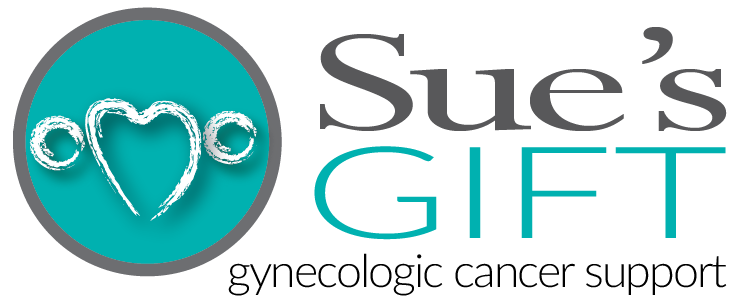Asking
“It’s never overreacting to ask for what you want and need.”
Image Credit @harlimarten
Why is it so hard to ask for what you need? Maybe saying, “I need…” feels selfish. Women’s traditional roles as nurturers and caregivers have programmed us to consider everyone else’s needs ahead of ours, so needs often go unspoken and unaddressed. That’s not unique to either gender, though, as men can also have unexpressed needs.
Asking for what you need is challenging for several reasons. I’ve heard many people report they’ve listened to way too many distressing stories from well-meaning friends because they were afraid of offending them by asking them to change the topic. I’ve listened to many patients who were timid about asking their doctor’s office for a more convenient appointment time for fear of annoying the office staff or even saying to the doctor, “I need more information” for fear of taking up too much of the doctor’s time or sounding stupid.
Sometimes you don’t know what you need, so it’s helpful to evaluate physical and emotional responses to people and events by asking, “Who or what fills my bucket? Who or what depletes me?” Your answers to those questions will help determine what is needed. If a person or activity is diminishing you, leaving you stressed and exhausted, then it’s time to make some changes by reducing or eliminating contact or activity.
There are also times when what you want may differ from what you need. Here are some examples: You want recognition for being a superior employee, which requires working 60 hours weekly. That is what you want, but you may need something else. You want to have a lot of close friends, but that means your free time is constantly devoted to everyone else. That is what you want but may be different from what you need.
“Asking” may mean asking for help, which is the biggest “ask.” It’s the hardest because it can make you feel dependent, vulnerable, incompetent, dumb, inadequate, helpless, exposed, or needy. But asking for help shows strength, self-awareness, honesty, and resourcefulness.
Nancy D. Solomon has said, “You get in life what you have the courage to ask for.” She’s right; it takes courage to ask for what you need. It takes practice as well. And remember, It’s not selfish to ask for what you need - it’s self-care.
Here are some suggested statements to practice:
I need some quiet time.
I need you to listen – not try to fix this.
I need you to hold me.
I need to feel normal.
I need to not think about my diagnosis 24/7.
I need to get a second opinion. (Your doctor won’t be offended.)
I need to do something just for the fun of it.
I need to talk about something difficult for me to talk about.
I don’t know what I need, but I would like to talk.
Download the PDF companion worksheet or request a digital worksheet to complete on your computer to identify barriers, practice assertive communication, and confidently ask for what you need using the DEAR model.
Leave feedback for the author here. (Comments are not posted online.)

